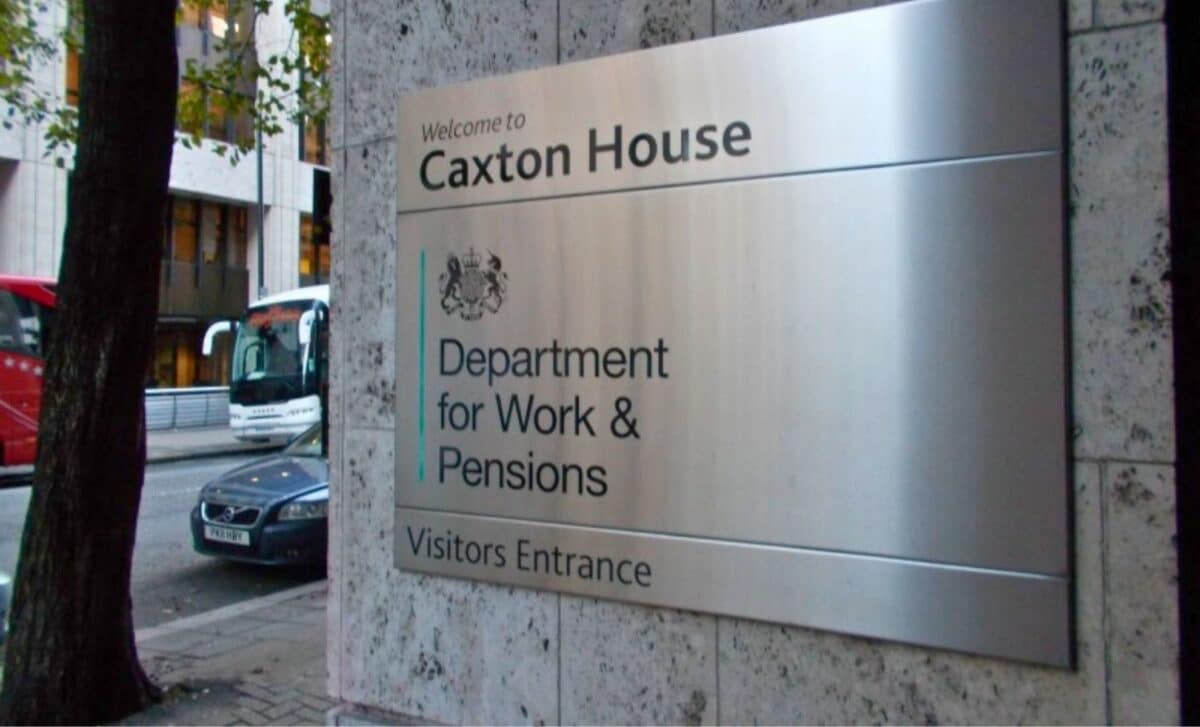The Department for Work and Pensions (DWP) has announced uplifting news for benefit claimants amid escalating financial burdens. From 1st April, those receiving both Universal Credit and the State Pension will see an increase in their payments. This is in response to the growing inflation and cost of living crisis.
Britain’s Secretary of State for Work and Pensions has taken timely steps to increase Universal Credit and State Pensions in line with inflation. This adjustment will run for the next 12 months, providing much-needed support to recipients.
A Substantial Boost From the Department for Work and Pensions
Low-income earners are to benefit from a 6.7% increase in Universal Credit. This means an average increase of £39 per month, giving an estimated boost of £470 over the next financial year. A total of 5.5 million Universal Credit families are expected to benefit from the increase.
In addition, the State Pension will also be increased, adding around £310 a year to the accounts of those affected. The full basic state pension will rise from £156.20 to £169.50 per week, an increase of £13.30. The new full state pension will increase by £17.35, from £203.85 to £221.20.
As a result of this increase in Universal Credit and State Pension, a total of £780 will be credited to recipients’ bank accounts this year.
Benefit levels must be reviewed annually by the Secretary of State for Work and Pensions. In accordance with the Consumer Prices Index (CPI) rate of inflation from September 2023, inflation-linked benefits and tax credits will see a substantial increase of 6.7% from April 2024.
Note: The uplifted amounts will be applicable to benefits due to be paid from April onwards.
The New State Pension
If you reach State Pension age on or after 6 April 2016, this information is for you. The amount of State Pension you receive will depend on your National Insurance record. Currently, the full rate of the new State Pension is £203.85 a week. However, your amount may be different depending on :
- If you were contracted out before 2016
- The number of National Insurance qualifying years you have
- If you paid into the Additional State Pension before 2016
Whether you have qualifying years on your National Insurance record from 5 April 2016, your ‘starting amount’ for the new state pension will be calculated. This amount will be the higher of either:
- The amount you would have got under the previous State Pension system up to 6 April 2016, or
- The amount you would get on your record to 6 April 2016 if the new State Pension had been in place at the start of your working life
Together, both amounts will take into account any periods of time in which you were excluded from the supplementary state pension. Your “starting amount” may either be less than, equal to, or greater than the new full State pension.
In case of a ‘starting amount’ that is less than the full amount of the new state pension
For every ‘qualifying year’ added to your National Insurance record after 5 April 2016, a certain amount (approximately £5.82 per week, or £203.85 divided by 35) (totals do not add up due to the effects of rounding) is added to your ‘starting amount’ until you reach the full amount of the new State Pension or reach State Pension age, whichever happens first.
In case of a ‘starting amount’ that is more than the full amount of the new State Pension
The higher amount will be received upon reaching State Pension age. A starting amount higher than the full new State Pension may be possible if there is some Additional State Pension. Any difference between the full new state pension and your ‘starting amount’ is called your ‘protected payment’.
To find out how much you could receive, follow this link









